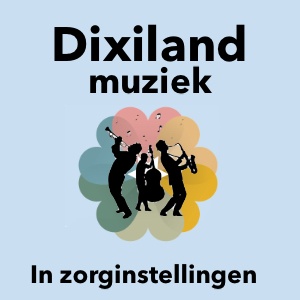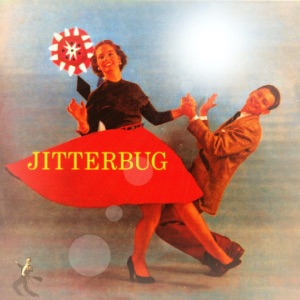CONCLUSIONS: Persons with cognitive impairment as in Alzheimer’s disease and related disorders have a progressive decline in their stress threshold. Agitation results when this stress threshold is exceeded. A proposed mid-range theory incorporates these elements to discuss the use of individualized music to alleviate agitation. Lees hier het volledige artikel.
Gerdner was the first to develop and test a research protocol to evaluate the use of individualized music as an alternative intervention for the management of agitation in persons with ADRD. Individualized music is defined as music that has been integrated into the person’s life and is based on personal preference. Publication of this pioneer pilot study led to additional research, with findings that support the use of individualized music in reducing agitation in persons with ADRD. Lees hier het volledig artikel.
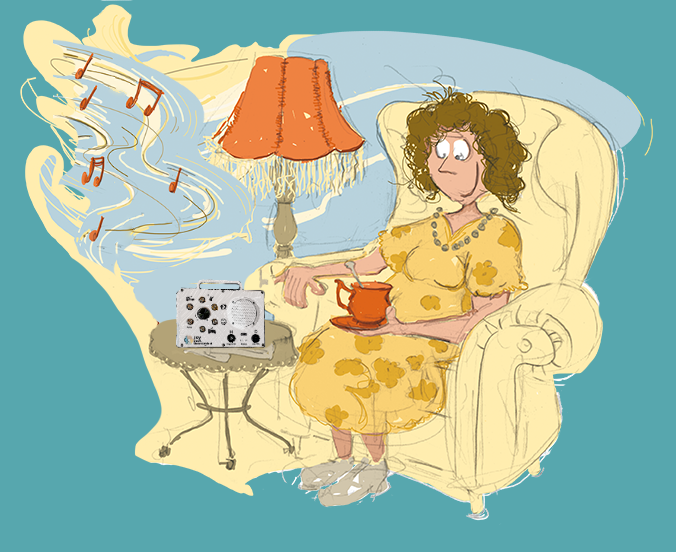
CONCLUSIONS: Behavioral observations show the positive impact a person-centered music listening intervention might have on individuals living with dementia and attending adult day health centers. This affordable intervention provides a useful tool for caregivers that might improve the day-to-day experience of individuals living with dementia. Lees hier het volledige artikel
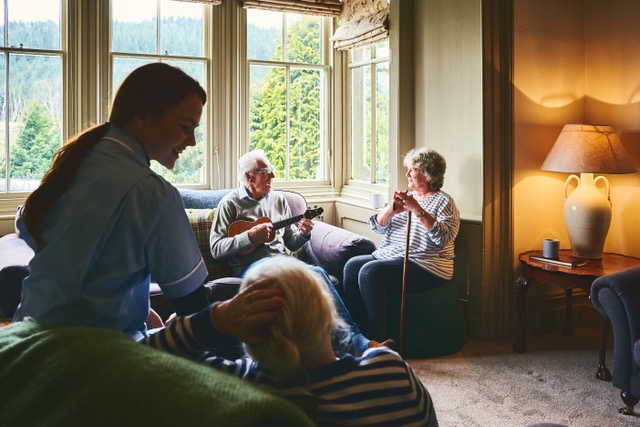
CONCLUSION: The effects of music go beyond the reduction of behavioural and psychological symptoms. Individual preference of music is preserved throughout the process of dementia. Sustaining musical and interpersonal connectedness would help value who the person is and maintain the quality of their life. Lees hier het volledige onderzoek

CONCLUSIONS: Preferred music listening had a positive impact by reducing the level of anxiety in older adults with dementia.
RELEVANCE TO CLINICAL PRACTICE: Nursing staff can learn how to implement preferred music intervention to provide appropriate care tailored to the individual needs of older adults with dementia. Preferred music listening is an inexpensive and viable intervention to promote mental health of those with dementia. Lees hier het volledige onderzoek

An ethnographic approach to the study of caregiver-assisted music events was employed with patients suffering from dementia or suspected dementia. The aim of this study was to illuminate the importance of music events and the reactions and social interactions of patients with dementia or suspected dementia and their caregivers before, during and after such events, including the remainder of the day.
The results showed that the patients experienced an ability to sing, play instruments, perform body movements, and make puns during such music events. While singing familiar songs, some patients experienced the return of distant memories, which they seemed to find very pleasurable.
During and after the music events, the personnel experienced bonding with the patients, who seemed easier to care for. Caregiver-assisted music events show a great potential for use in dementia care. Lees hier het volledige onderzoek

CONCLUSION: This preliminary study demonstrates the feasibility as well as the initial efficacy of music therapy in terms of its impact on the overall care for patients suffering from Alzheimer’s disease. This easily applicable technique can be useful in treating anxiety and depression in a patient with Alzheimer’s disease and also in relieving the emotional and physical burden experienced by the main caregiver. lees hier het volledige onderzoek
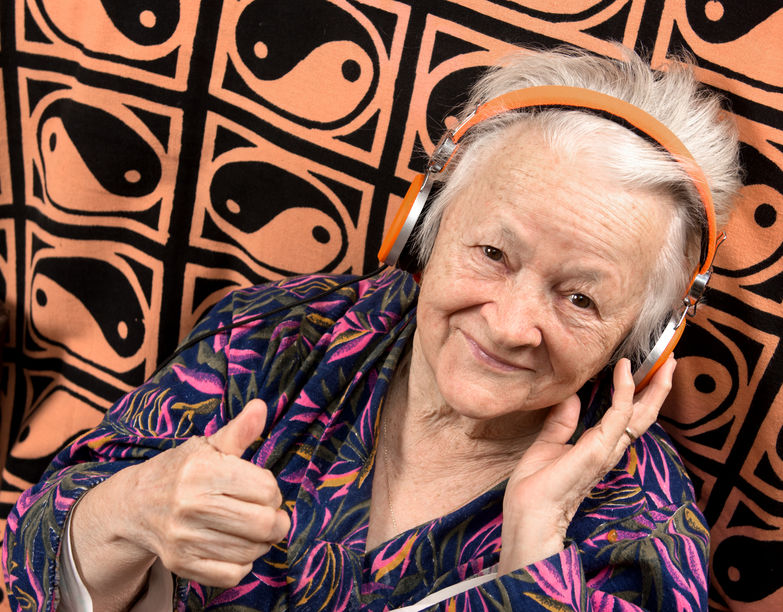
Conclusion: Responders had successfully used music to calm individual agitated patients. Music seemed to be an underestimated nursing intervention to control agitation in daily life, but uncontrolled sound could cause agitation in the patients and stress in the nursing staff.. Lees hier het volledige onderzoek

CONCLUSION: These results confirm the valuable effect of music therapy on anxiety and depression in patients with mild to moderate Alzheimer’s disease. This new music therapy technique is simple to implement and can easily be integrated in a multidisciplinary programme for the management of Alzheimer’s disease. Lees hier het volledige onderzoek

Conclusion: Research suggests that music has many therapeutic benefits for people with dementia. Using music to soothe anxiety can be an effective intervention to assist with lessening of agitation during activities of daily living, especially bathing. This article will provide nursing and direct care staff tools to successfully conduct the music-assisted bathing protocol. Consideration for choosing appropriate music for bathing, the creation of individualized personalized playlists, and acknowledgement of desired outcomes are presented.
Incorporating music-assisted bathing may address neuropsychiatric symptoms of dementia by lessening agitation and improving mood, which in turn can increase job satisfaction. Lees hier het volledige onderzoek
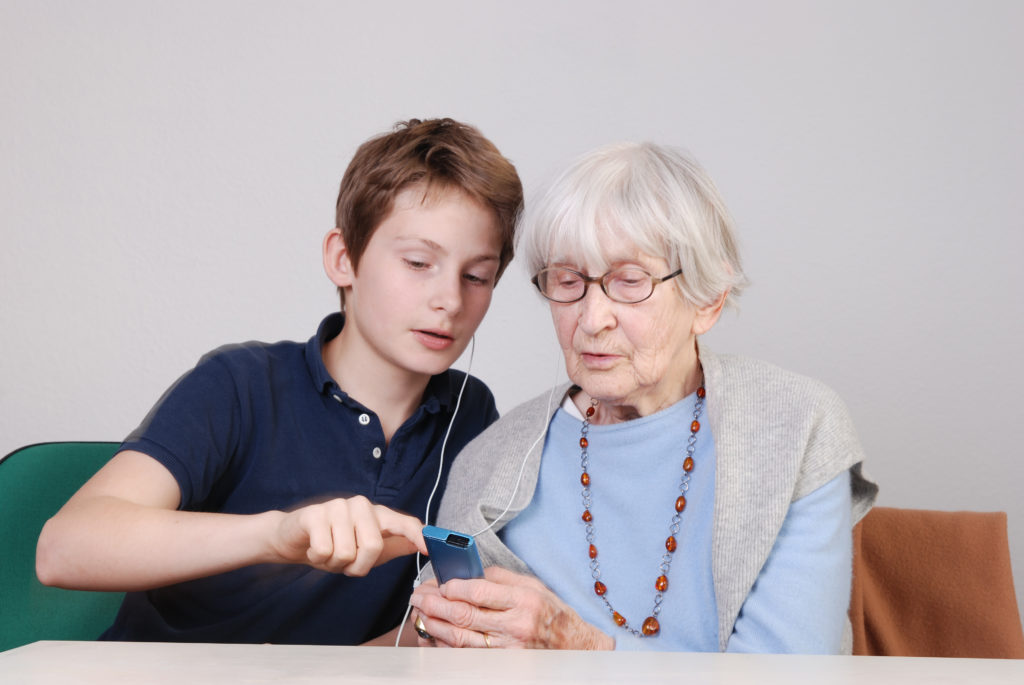
CONCLUSION: Participants’ better-than-expected responses to the placebo tape suggest that even the simplest technology can improve the lives of confused, disturbed nursing home residents. Of the two psychosocial treatments, preferred music tapes were easier to make and were clearly helpful in many instances.
By contrast, family members often struggled to recall enough happy memories to compile a simulated presence tape. Simulated presence might prove just as effective if relatives speak on topics of their own choosing. Although not all residents were helped by these treatments, adverse effects were mild and shortlived. Lees hier het volledige onderzoek

Results demonstrated that people with high levels of depression and with symptoms of Alzheimer’s type dementia demonstrated increased levels of sadness when listening to music. People with low depression but high levels of apathy demonstrated the highest behavioral evidence of pleasure during music listening, although behavioral evidence declined with severity of cognitive impairment.
It is concluded that as well as accounting for personal preferences, music interventions for people with dementia need to take mental health history and symptoms into account. Lees hier het volledige onderzoek

Wil je meer weten over het inzetten van muziek? Volg een MuziekGeluk training.

